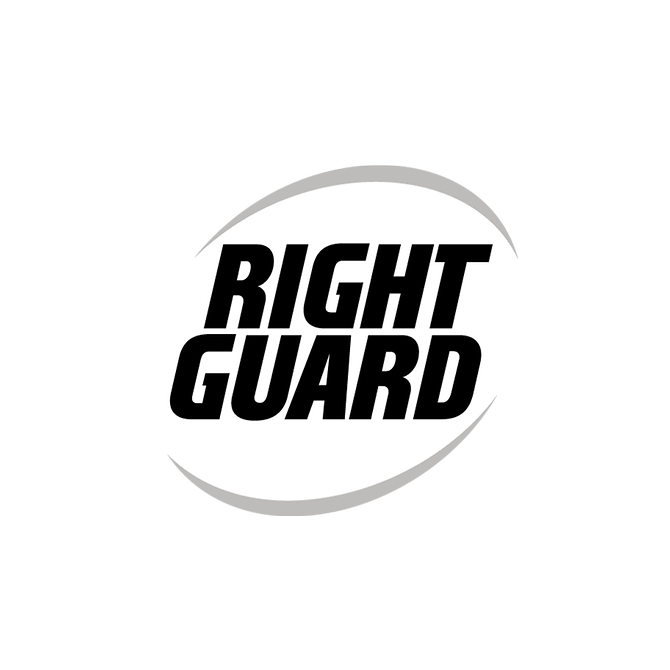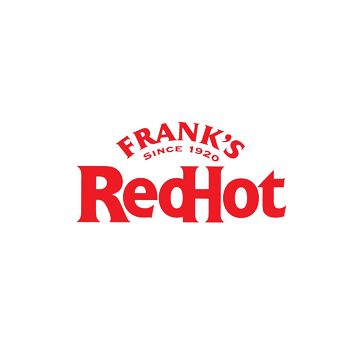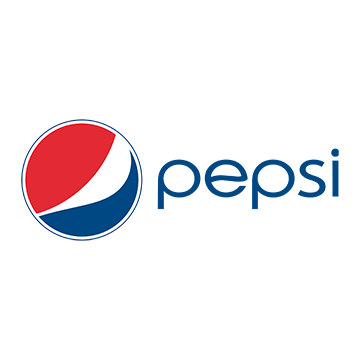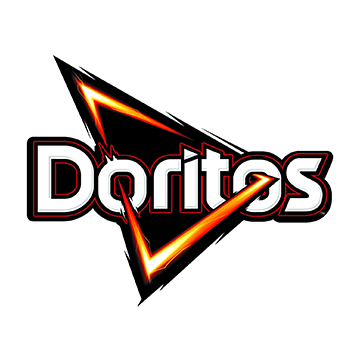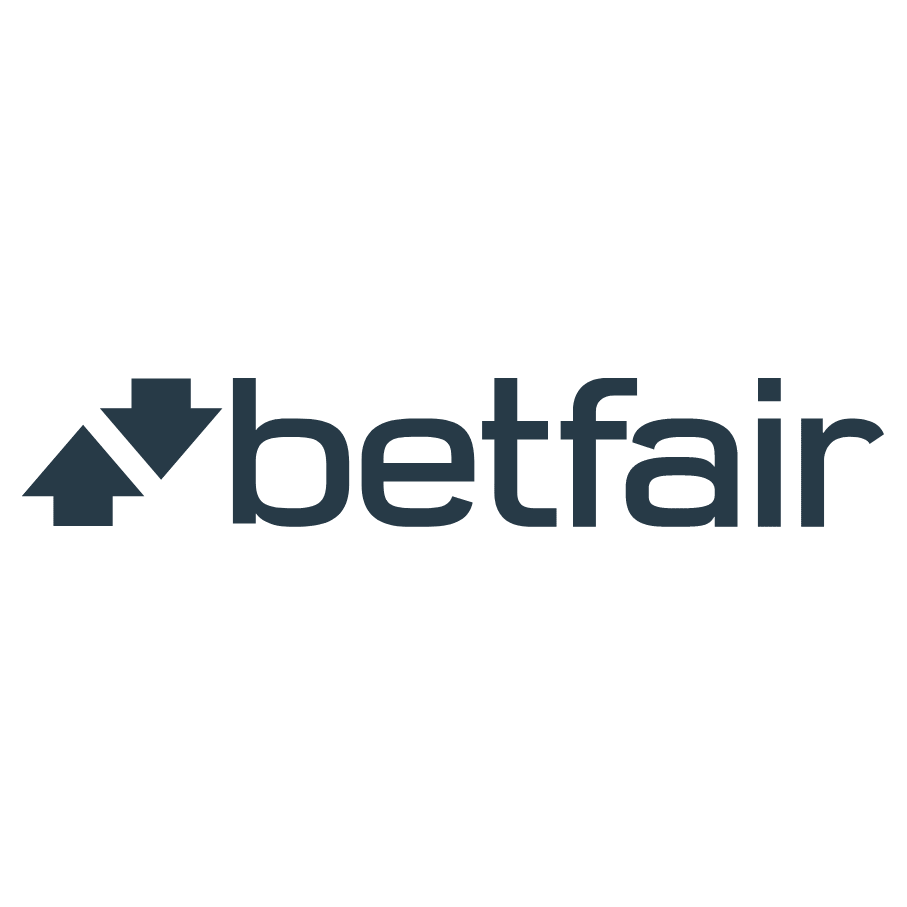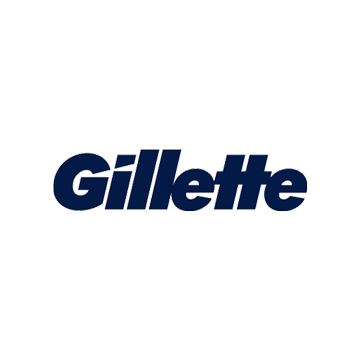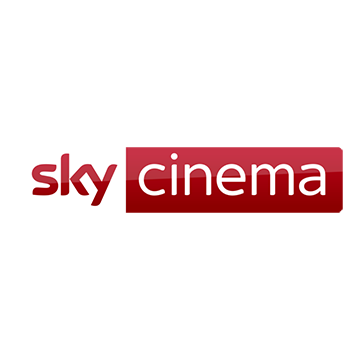Immersive, idea-led experiences.
We blend design, technology and culture to create work that people feel. Built for brands that want to lead, not follow.
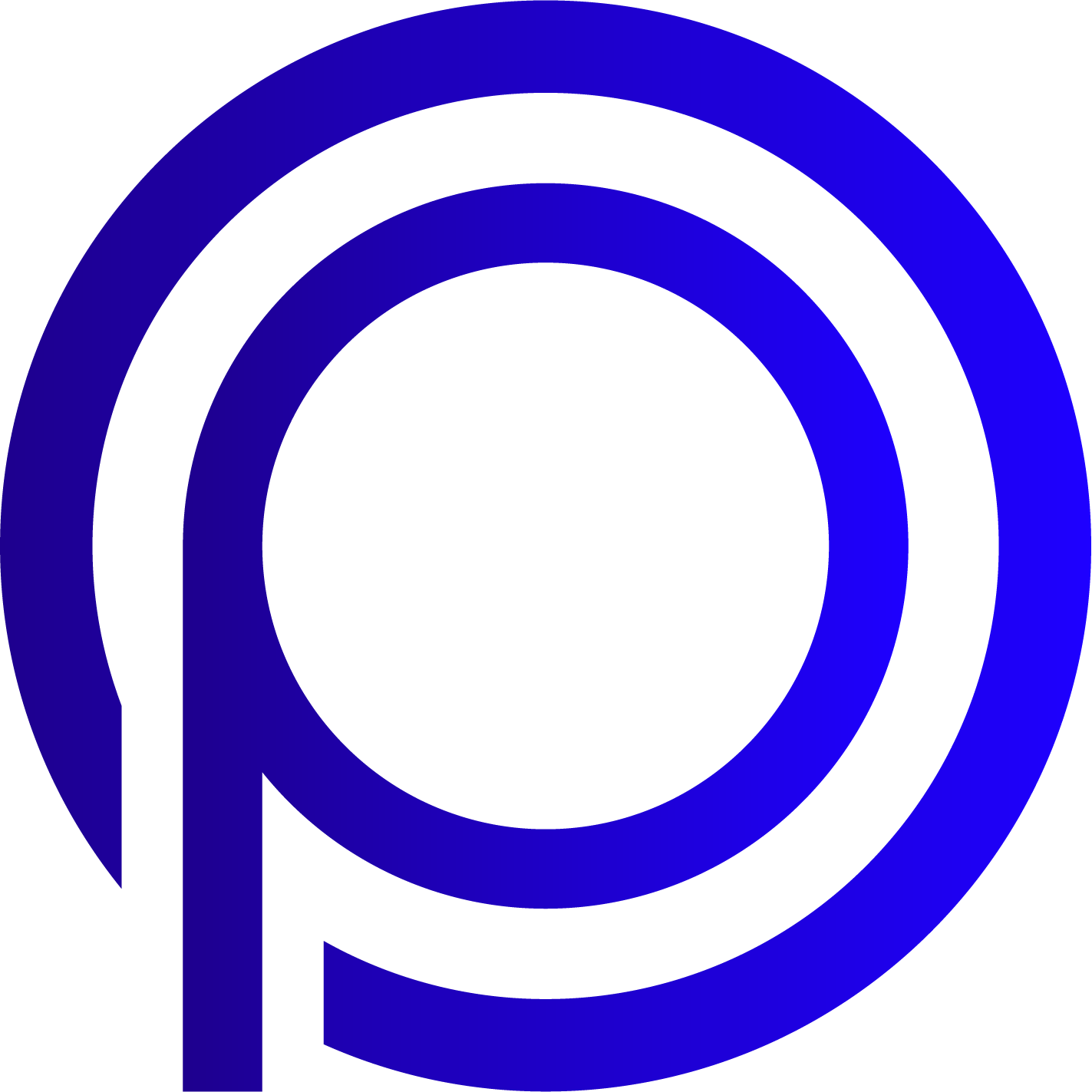
We're OnPoint, a creative production studio for brands that want to do things differently.
From strategy to execution, we craft high-impact, visually striking experiences across physical, digital and hybrid spaces.
Trusted by leading brands
We partner with innovative companies to create exceptional experiences
Featured Projects
Explore our latest projects where we've transformed ideas into impactful brand experiences.
Our Process
A streamlined approach that delivers exceptional results without unnecessary complexity.
DISCOVER
We start by understanding your brief, goals, and vision, quickly gaining clarity on what success looks like.
DESIGN
We craft compelling visuals, sound experiences, and immersive environments tailored to your audience.
DELIVER
We bring your experience to life with technical precision, providing final assets and ongoing support.
Already have content? We'll make it shine.
Elevate your existing assets with our expert enhancement services.
Visual Redesign
Transform your visual assets with our expert design team for maximum impact.
Messaging Refinement
Perfect your brand voice and messaging to connect deeply with your audience.
Strategic Alignment
Ensure your content aligns perfectly with your business goals and audience needs.
Creative QA
Expert review and quality assurance to ensure flawless execution across all touchpoints.
Why work with us?
Because average doesn't cut it, and speed shouldn't mean compromise.
Design that resonates
We create experiences that connect emotionally with your audience for lasting impact.
Real speed
Our streamlined process delivers exceptional quality without unnecessary delays.
Creative across every medium
From physical installations to digital platforms, we excel across all touchpoints.
Privacy and trust, built in
Your intellectual property and sensitive information are always protected.

Have a brief? A vision? Or just an idea you want to test?
Let's build something bold.


